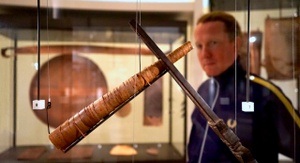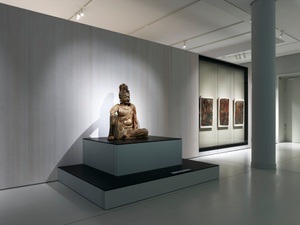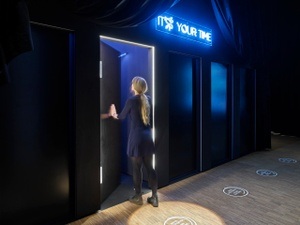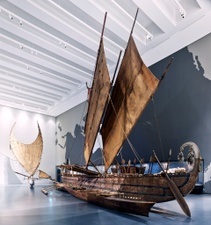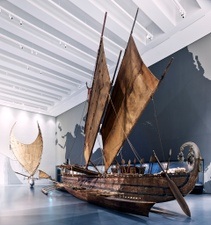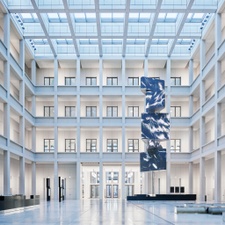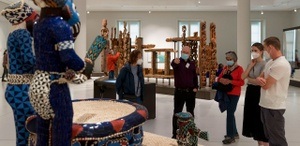Die Rückshow. Wende ohne Ende?
In the organizer's words:
The struggle for East, West and all-German identity, which began in the 1990s, continues. The central question is: who remembers the two German states, why and how?
Even during the process of the GDR's accession, East and West Germans engaged in heated discussions: in private encounters and in public, in parliamentary debates, newspaper commentaries, television shows and academia. Many commentaries critically diagnosed "Ostalgia". The longing for the old Federal Republic, "Westalgia", on the other hand, was hardly a topic.
Thereturn show. Wende ohne Ende? aims to explore the memory, encourage reflection and be entertaining. The evening will be hosted by Lea Streisand, one of Berlin's best-known voices.
Tobias Becker, Marcus Colla, Lydia Lierke, Sabine Stach and Benedikt Wintgens will start the evening in "Pecha Kucha" style. In a race against time (in a maximum of 6 minutes 40 seconds) with a maximum of 20 slides, they will share their insights into Westalgia, Eastalgia and other memory phenomena with the audience.
In the second part, a group of public history students from Freie Universität Berlin will trace the debates since the 1990s with a performative text collage: a German-German dialog full of blind spots and misunderstandings.
PARTICIPANTS
Tobias Becker is a historian and Visiting Professor of Modern History and Public History at the Free University of Berlin. He is the author of Yesterday: A New History of Nostalgia (Harvard University Press 2022) and is currently writing a history of nostalgia in divided and reunified Germany from the 1960s to the present.
Marcus Colla is Associate Professor of Modern European Political History at the University of Bergen. His work focuses on German and Eastern European history as well as questions of temporality, language politics, memory and urban history. His publications include: Prussia in the Historical Culture of the German Democratic Republic: Communists and Kings (2022); Rethinking Socialist Space in the Twentieth Century (ed. with Paul Betts, 2024).
Lydia Lierke was born in Hoyerswerda in 1990. She deals with the reappraisal of German-German politics of remembrance. Together with Massimo Perinelli, she published the book "Erinnern stören. The Fall of the Wall from a Migrant and Jewish Perspective". Lydia Lierke is currently part of the project management of Offener Prozess at ASA-FF e.V. Offener Prozess is dedicated to the NSU complex and is working, among other things, on a pilot documentation center that will open in Chemnitz, Capital of Culture 2025.
Dr. Sabine Stach is a cultural scientist. Since 2020, she has been working as a research associate at the Leibniz Institute for the History and Culture of Eastern Europe (GWZO) in Leipzig; she previously worked at the German Historical Institute in Warsaw. She researches the contemporary history of the GDR, the People's Republic of Poland and Czechoslovakia, cultures of remembrance, public history and the history of tourism. In her doctoral thesis, she dealt with political martyr discourses in late and post-socialism; she is currently working on a monograph on the interactive production of the history of state socialism in tourist city tours.
Benedikt Wintgens, historian at the Kommission für Geschichte des Parlamentarismus und der politischen Parteien e. V.; research focus: Parliament and literature as well as parliamentary architecture. Selected publications: Treibhaus Bonn. Die politische Kulturgeschichte eines Romans, Düsseldorf 2019, and (with Gertrude Cepl-Kaufmann, Dominik Geppert, Jasmin Grande as ed.), Ende der Bonner Republik? The Berlin Decision 1991 and its Context, Düsseldorf 2024.
- free of charge
- Language: German
- Location: Mechanical arena in the foyer
- Part of: PalastBar
- Belongs to: Transform yourselves!, There and gone. The Palace of the Republic is present
This content has been machine translated.



